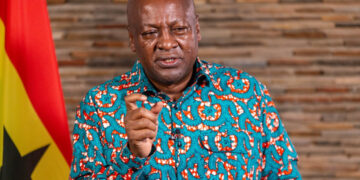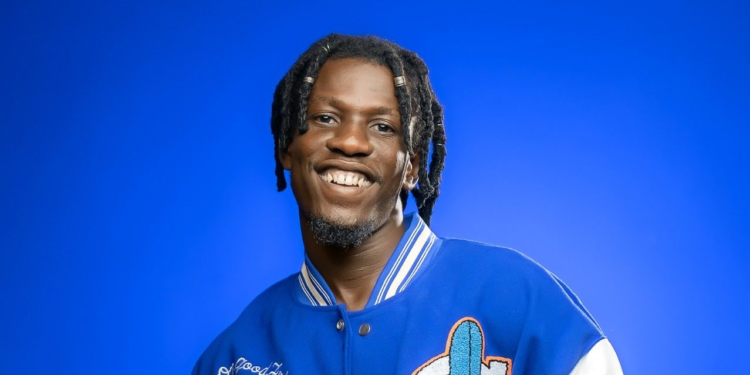In recent years, Ghana rap music scene has undergone a huge fall, shifting away from its traditional roots where rap artists like Kofi Kinaata, King Paluta, and Amerado reigned supreme.
This shift can be attributed to several key factors reshaping the music scene in Ghana.
One significant influence is the evolving tastes of audiences, who increasingly favor melodious and danceable tunes over the complex lyricism and rhythmic patterns that define traditional rap.
Read This Also: EL finally opens up on his romantic relationship status

Kofi Kinaata, a former rapper now turn singer
As a result, many rappers have adapted their styles, incorporating more singing and melodious hooks into their tracks to appeal to this changing audience preference.
Moreover, the commercial viability of singing versus rapping has played a pivotal role in this transition.
Singing-oriented tracks tend to attract larger mainstream audiences and garner more radio airplay and streaming numbers.

King Paluta, one of Ghana’s rap talents who has shifted his genre of music to singing
Artistes like Kofi Kinaata have capitalized on this trend by blending their rap skills with catchy choruses and melodic hooks, effectively broadening their appeal beyond hardcore rap enthusiasts to a broader demographic of music consumers leading to a fall in the rap game in Ghana.
This strategic shift has enabled these artists to maintain relevance and commercial success in a competitive music industry landscape.
Additionally, the influence of global music trends cannot be overlooked.
With the rise of Afrobeat and its fusion with various genres such as dancehall and highlife, Ghanaian artistes have embraced a more eclectic approach to their music.
This fusion often leans towards melodic singing styles rather than pure rap, reflecting a broader global shift towards cross-genre experimentation.
Artistes like King Paluta and Amerado have embraced this trend, incorporating elements of Afrobeat and other genres into their music while still showcasing their lyrical prowess when needed.
In essence, while traditional rap may have taken a backseat in the Ghanaian music scene, the evolution towards a more melodic and versatile approach has allowed artists to adapt, innovate, and thrive in an ever-changing musical landscape.



























